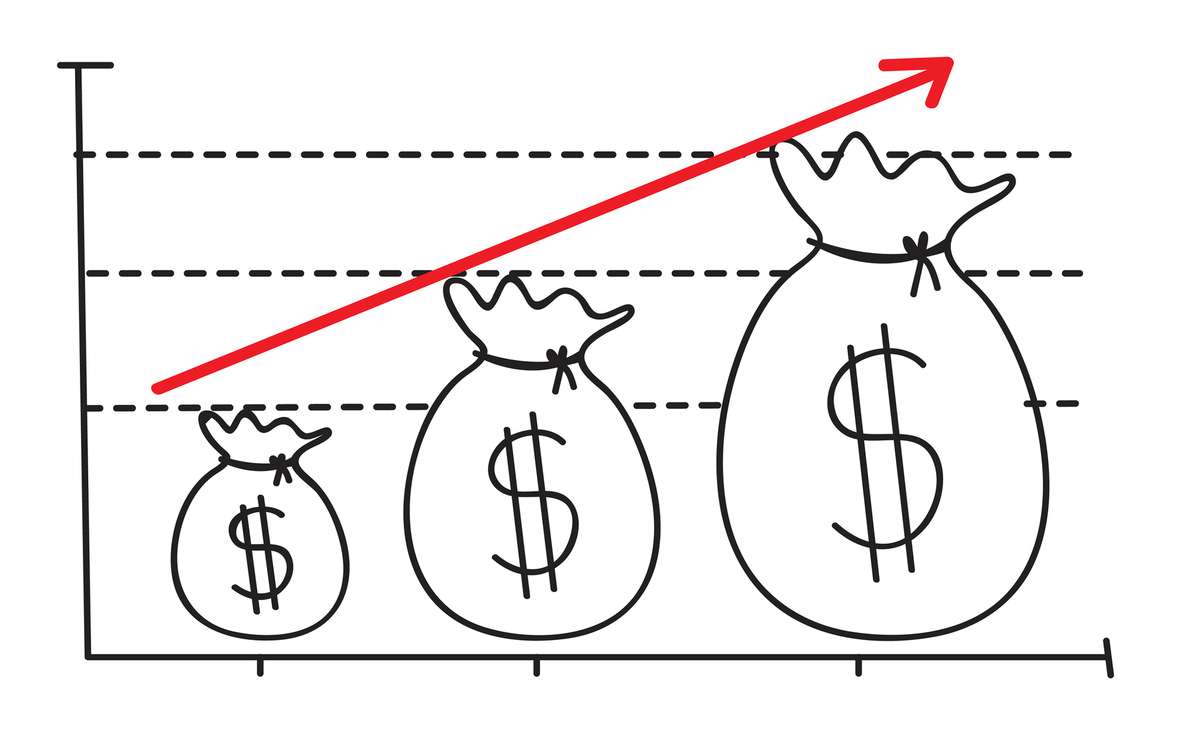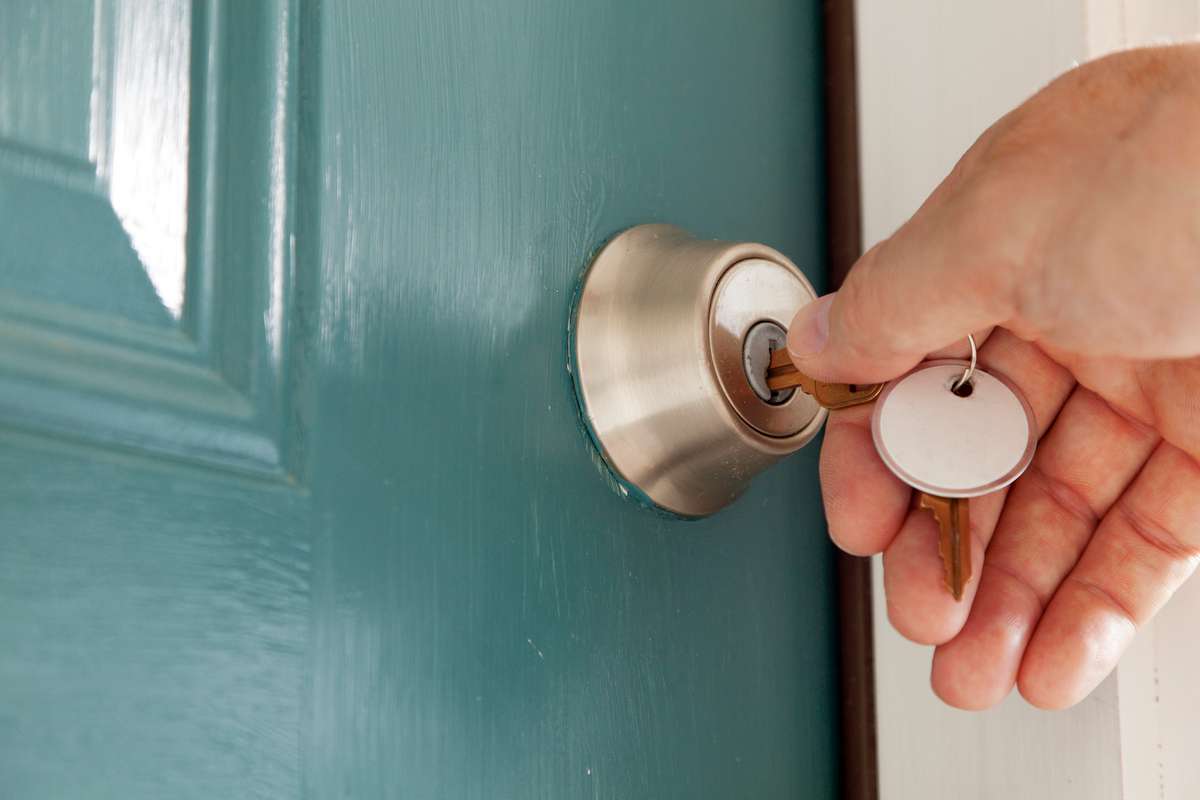When optimizing your property management business, the cost per door is a critical metric to understand. This number differs from your cost per lead or what you charge property owners for your management services. The cost per door helps drive profitability, operations, and staffing decisions—so how can property management company owners determine this number? Is your current cost per door a "good" number?
%20(S).jpg?width=1200&name=Quality%2c%20efficiency%20and%20cost%20(R)%20(S).jpg)
How to Calculate Cost Per Door for Your Property Management Business?
To find your cost per door, divide your total expenses by your total unit count. This is a comprehensive metric that encapsulates many things such as organizational structure, relationship quality, and network effects. If your cost per door isn't where you'd like it to be, it's time to look at your operations and adjust how you operate to lower this cost metric.
There's Not a "One-Cost-Fits-All"
While we'd love to tell you there is a single "ideal" cost per door for every property manager and their business success, there isn't. It's simply not that simple.
Finding your ideal cost per door requires evaluating your day-to-day operations, costs, and long-term goals. It also means looking at your current cost per door and determining if it's right for your business or if you need to make some improvements to lower the costs and boost your bottom line.
A successful property management company can be represented in several different ways, including:
- The number of units it manages
- The number of rental properties it has available for property owners to choose from
- The dollar value of all properties under management
However, your company's financial success hinges on your cost per door and how that fits into your overall profitability. Therefore, knowing your numbers is critical to improving your business and growing the number of doors you serve to achieve growth goals!
What Does Cost Per Door Mean?
If your costs are too high, there are three areas where understanding this critical KPI is crucial to improving your bottom line and adding new properties.
1) Productivity
There may be no more important factor in the property management industry than productivity, meaning how much work you get done and complete vs. how much time you spend working. With inefficient processes or team members, they spend more hours and resources managing a single door than they should to maximize efficiency and productivity.
Improving efficiency is one of the best ways to lower your cost poor and ultimately grow your business. When your existing staff can manage more doors per employee, your costs go down, and profits go up!
2) Systems
Your property management systems and workflows either lead to efficiency—or a lack of efficiency. Well-trained team members can't operate effectively if workflows are outdated or redundant and lack automation. If your cost per door is too high to achieve the returns you need, it's time to look at your processes and how well your team works when managing properties.
Are tasks getting lost? Are tasks duplicated across multiple employees? Are critical property managing elements failing to happen when they should? Missed tasks, mistakes, and spending more time than it should take to complete a process lead to lost income and a higher cost per door!
A property management coach can help you review your business systems, analyze workflows, and improve systems to reduce costs and improve customer service.
3) Qualified Staff and the Network Effects
Your network effects are the strength of your team in accomplishing higher productivity vs. competitors who may have lower costs but weaker teams. Some properties will require more handholding than others, which means you'll need a larger team to manage them effectively. In this case, your costs may be slightly higher for some doors without impacting overall profitability—as long as this increase is offset by additional revenue earned through these properties.
In general, your cost per door should be at a low enough level where you can still make attractive returns on your investment no matter the property—meaning if you were to make more revenue on some doors vs. others, it doesn't impact profitability due to the decrease in expenses from having a lower-cost structure.
Having the right team members in place can greatly affect your cost per door and overall profitability. Work with a property management consulting company to analyze your current team members, help you hire well, and train staff to manage properties efficiently!

Improve Cost Per Door With a Property Management Coach
Your cost per door is a critical metric that can tell you whether or not your property management business is profitable. If your costs are too high to generate the profit needed, it's time to examine how you're operating and who helps you do so. It may be time for an efficiency tune-up!
Real-Time Consulting Services has helped many property managers lower their cost per door by identifying inefficiencies they didn't know existed, coming up with the right solutions, and implementing those changes quickly. If your cost per door is higher than it should be to achieve your ideal pricing structure, let us help! Reach out and schedule a free consultation.
Learn more about your income per door with our free "Calculate Your Profit Per Door" calculator!

%20(S).jpg?width=1200&name=Quality%2c%20efficiency%20and%20cost%20(R)%20(S).jpg)





